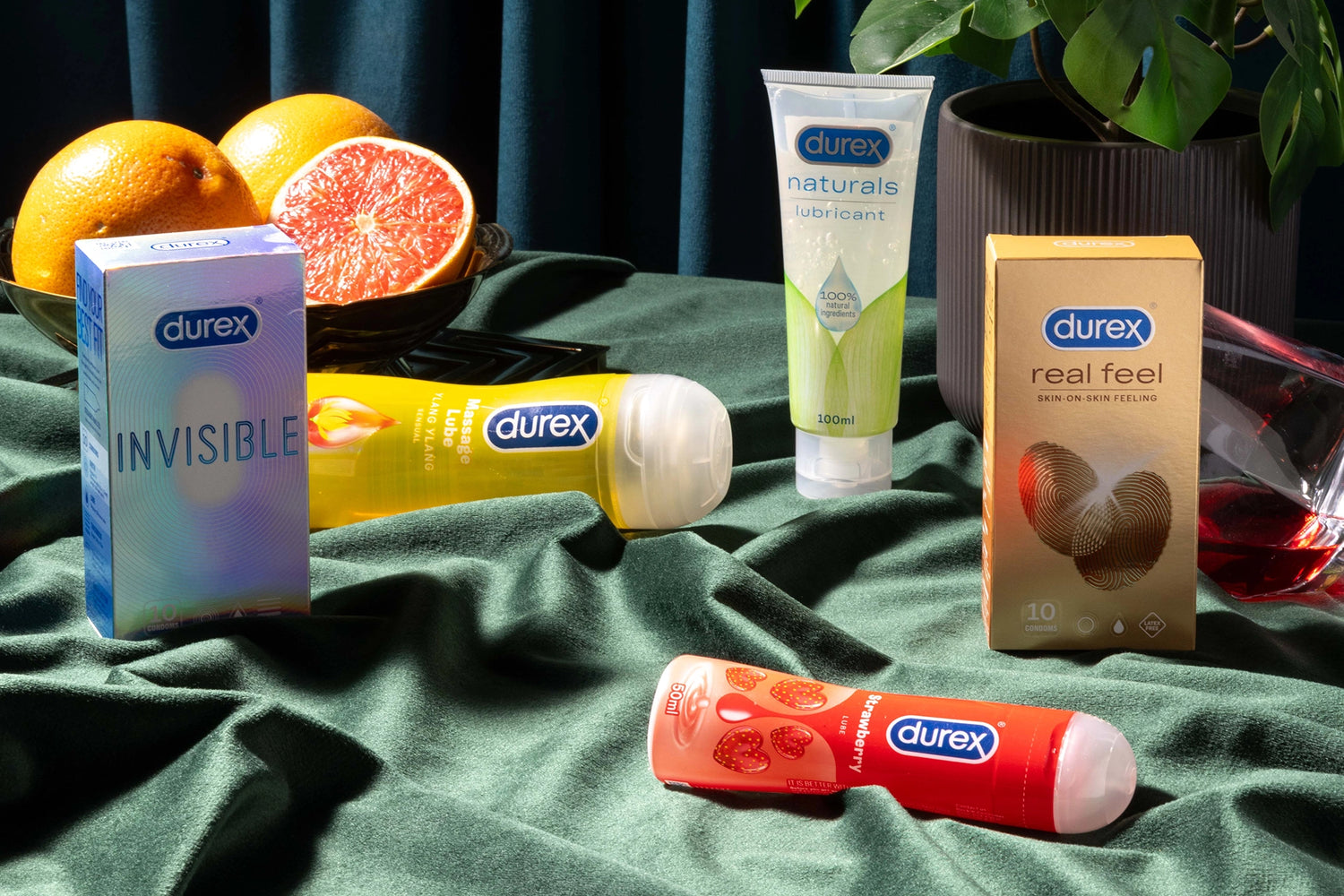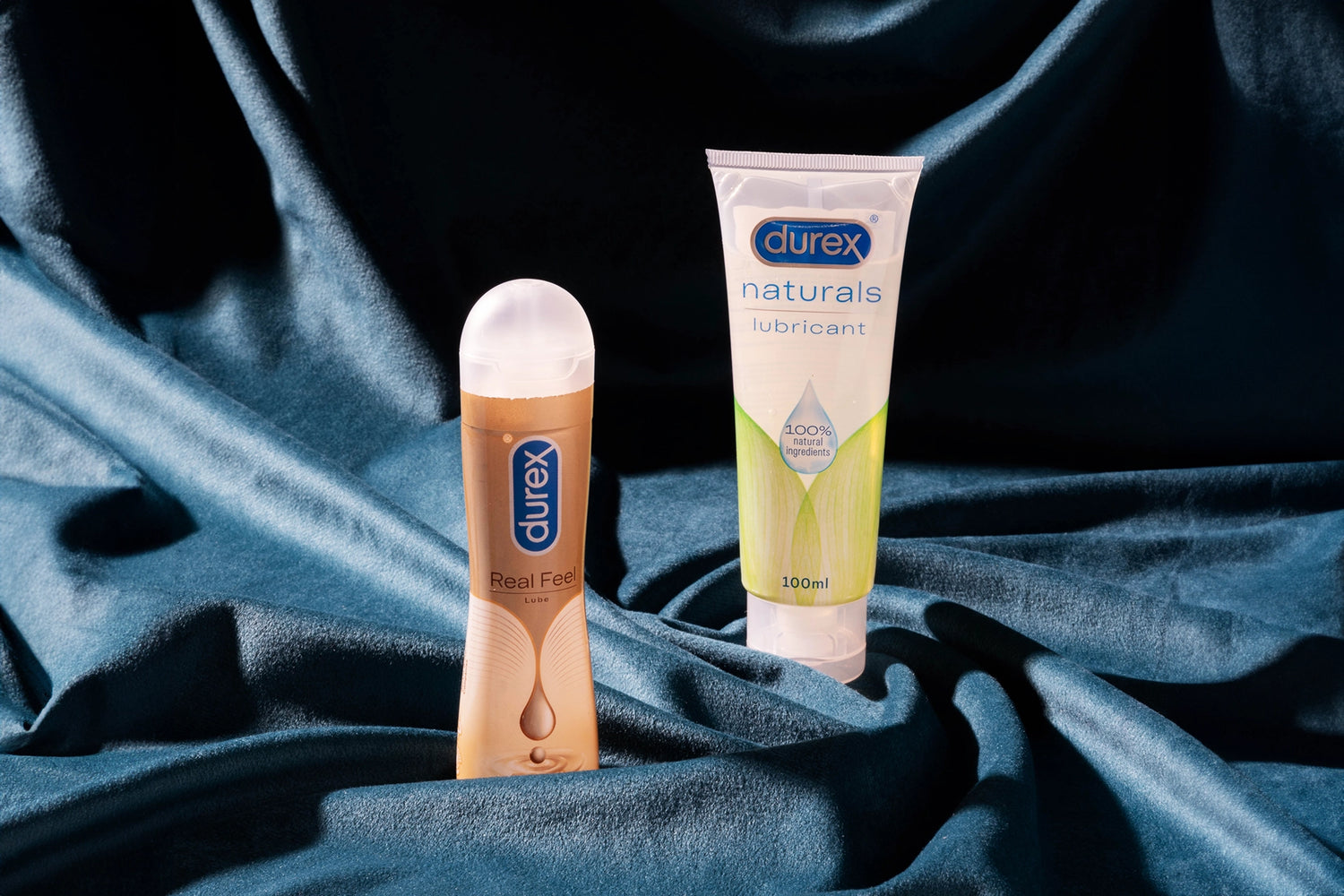
Can Anal Sex Cause Pregnancy? Understanding the Reality
You’re not the first to consider anal sex a form of birth control. It kind of makes sense in a “spicing up the things” way, right?
That brings us to the question — can anal sex cause pregnancy? Short answer: No, but only if you dont indulge into the
While it’s true that anal sex involves a different entry point, it doesn’t necessarily mean you’re in the clear when it comes to the possibility of pregnancy.
Surprised? Let’s bust all of your myths around anal sex.
In this article:
How Anal Sex Can Cause Pregnancy?
Females become pregnant when the sperm of their male partners reaches and fuses with their eggs.
Since anuses are not connected to the uterus, biologically, anal sex cannot cause pregnancy.
But — and this is a massive “but” (no pun intended) — that doesn’t mean you can eliminate pregnancy risk altogether.
The proximity between the anus and the vagina is approximately 32 millimeters, slightly shorter than the length of a standard lipstick case. Due to their close proximity, fluids from one opening can readily access the other.
Let’s discuss some anal sex risks and their relation to pregnancy.
Unprotected sex
If there is any potential for genital contact or if there is ejaculation near the vaginal area, there may be a risk of pregnancy. This is most likely to happen if you lie flat on your stomach, allowing it to drip directly onto your vulva. So if you’re a belly sleeper, washing up before dozing off to sleep can help prevent the risk of pregnancy.
Alternating between anal and vaginal sex
One scenario that warrants consideration is the alternating practice of anal and vaginal sex. Sperm can potentially be transferred from the anal area to the vaginal area, especially if there is residual semen on the penis or surrounding areas, potentially fertilizing an egg.
To prevent unintended pregnancies in situations involving alternating anal and vaginal sex, it is crucial to implement proper contraceptive measures. For instance, changing condoms every time you make a switch can prevent the exchange of bodily fluids as well as reduce the risk of sexually transmitted infections (STIs).
Condom breaking
In a study in India, one in 20 condoms broke or leaked. The rate of condom breakage, on average, is 2.7% in the US.
Condom leakage or breakage during sexual intercourse can potentially lead to pregnancy due to the unintended exposure of the female partner to sperm. In instances where a condom fails, the barrier that is meant to prevent the exchange of bodily fluids, including sperm, becomes compromised. This creates a pathway for sperm to enter the vaginal canal through the butt, increasing the likelihood of fertilization.
After play
Did you know that the intimate moments shared between partners after sexual activity, can potentially pose a risk of pregnancy?
Even though the primary act may have concluded, traces of semen may be present on the external genitalia. Alternatively, if after-play involves mutual intimate contact, the mixture of semen with the natural fluids and secretions of the vulva can create a pathway for sperm to enter the vaginal cavity. Once inside, sperm can potentially travel through the cervix and reach the awaiting egg, increasing the risk of pregnancy.
How to Prevent Pregnancy from Anal Sex

Now that we’ve cleared up that pregnancy is possible even from anal penetration, let’s talk about preventing it.
Use condoms
Consistent and correct condom use is key. It's important to put on the condom before any sexual contact occurs. Also, make sure that it stays in place throughout the act. Following proper application instructions and avoiding common condom mistakes (like unrolling the condom before putting it on) is crucial.
Best Condoms Guide
Our guide to the best condoms includes options for every kind of play to help you have safe sex
Use silicone-based or water-based lubricants with condoms
We know sex lubricants reduce friction and make the experience painless, but did you know lubes improve the effectiveness of condoms? They even reduce the risk of STIs.
Silicone-based lubes like the Durex Real Feel Lubricant are silky smooth and less likely to dry out, which can be beneficial if you pull an all-nighter.
Meanwhile, water-based lubes like the Durex Naturals Lubricant are compatible with most condoms and vibe rings. Plus, they’re easy to clean off. However, they might not stay wet as long as silicone-based ones, so you’ll need to use generous amounts and reapply often.
Never use coconut oil with condoms
While choosing a sex lubricant, remember it must be compatible with your condom. We get it; coconut oil is versatile and easily available in Indian households. But that doesn't mean that we reach out for anything and everything that’s easily accessible to us. Believe it or not, coconut oil with condoms is a bad combination.
Here’s why:
- Coconut oil can weaken and break down latex(the material your condom is made with). And even if you use non-latex condoms, it is not worth the risk.
- It can cause vaginal infections by disturbing the natural pH balance of the vagina.
- Your partner is allergic to coconut oil.
Change condoms when switching from anal to vaginal sex
You might be wondering why you need to change condoms. Shouldn’t using the same condom protect against pregnancy? Absolutely not! Here is the list of risks from double-dipping:
- The anus and rectum contain different types of bacteria compared to the vagina. Not changing the condom could transfer the bacteria and lead to severe infections.
- The bacteria from the anus can cause urinary tract infections (UTIs) in the vagina.
- If you don’t change condoms between different types of sexual activities, there’s a chance you could transfer the STI from one area to another.
- Condoms can always become compromised during anal sex due to higher friction. Changing condoms would ensure the barrier remains intact for vaginal intercourse.
- It’s also about hygiene. Changing condoms means you’re preventing cross-contamination between different body areas.
Conclusion
In the midst of passion, it’s easy to lose sight of the basics, such as changing condoms or using lubes. So whether or not you’re new to anal sex, take it slow and consider exploring the right products designed to ease the challenges of anal sex. While Durex lubes can add an extra layer of intimacy to your experiences, Durex Condoms can be your best buddy to prevent the risk of unwanted pregnancy.









